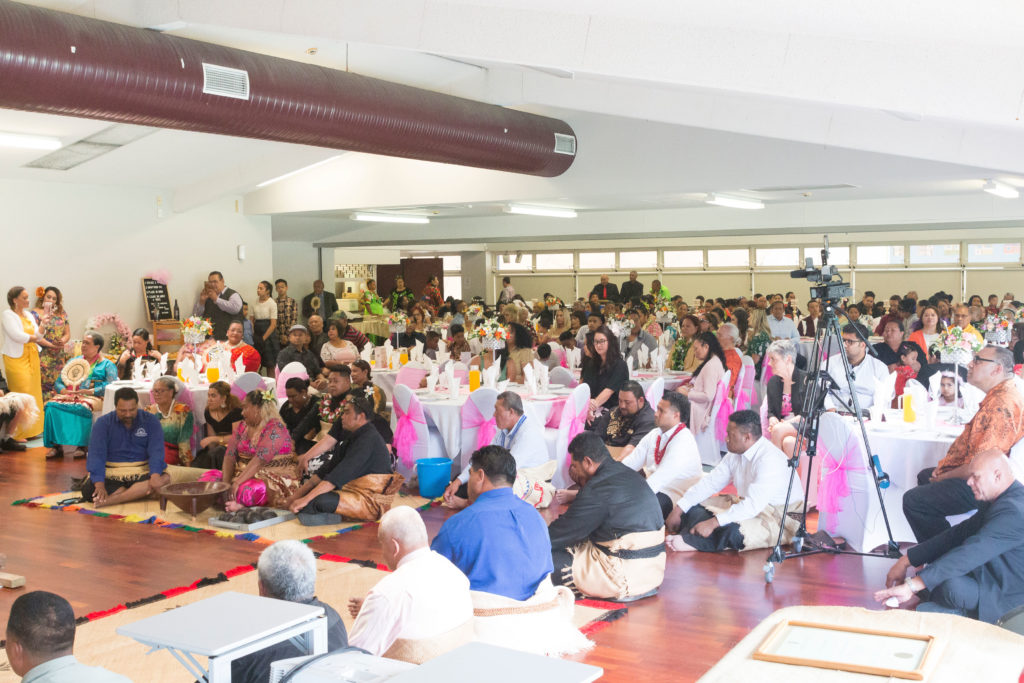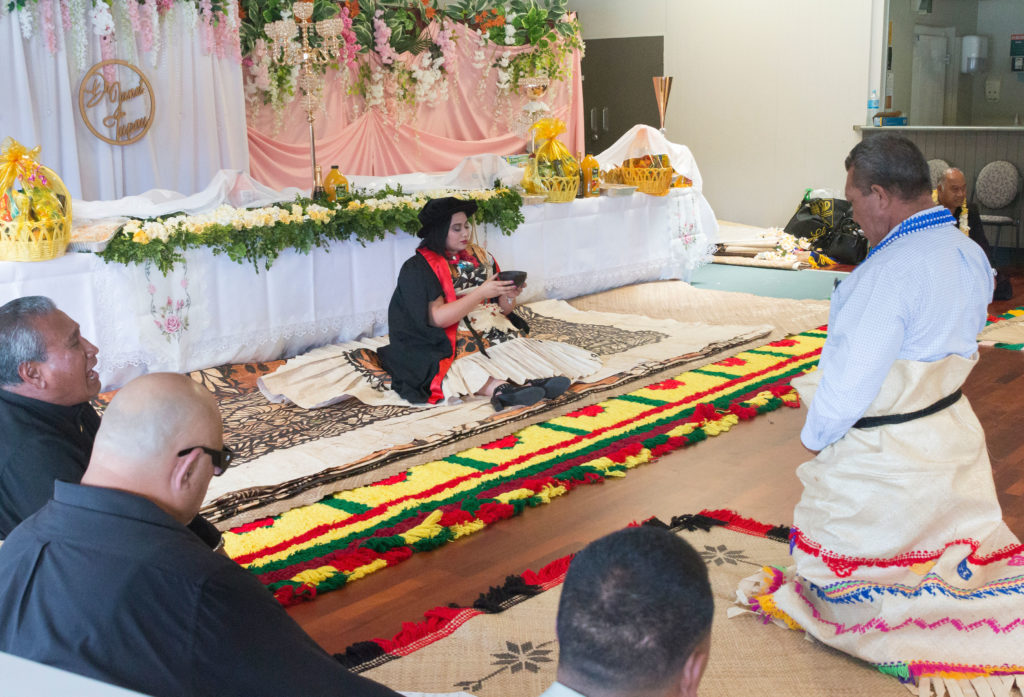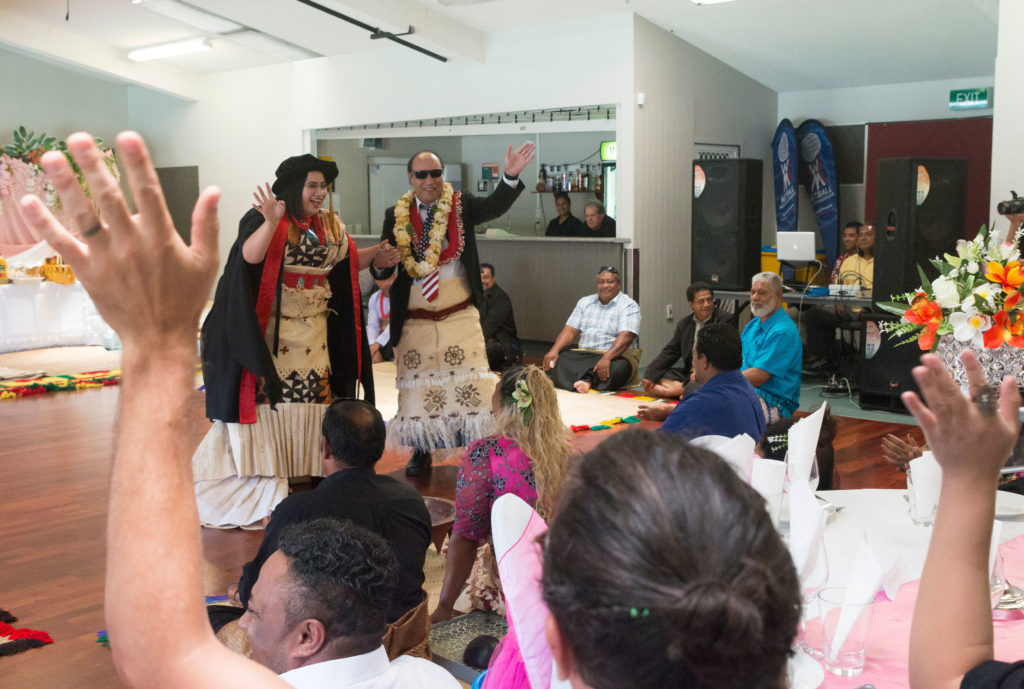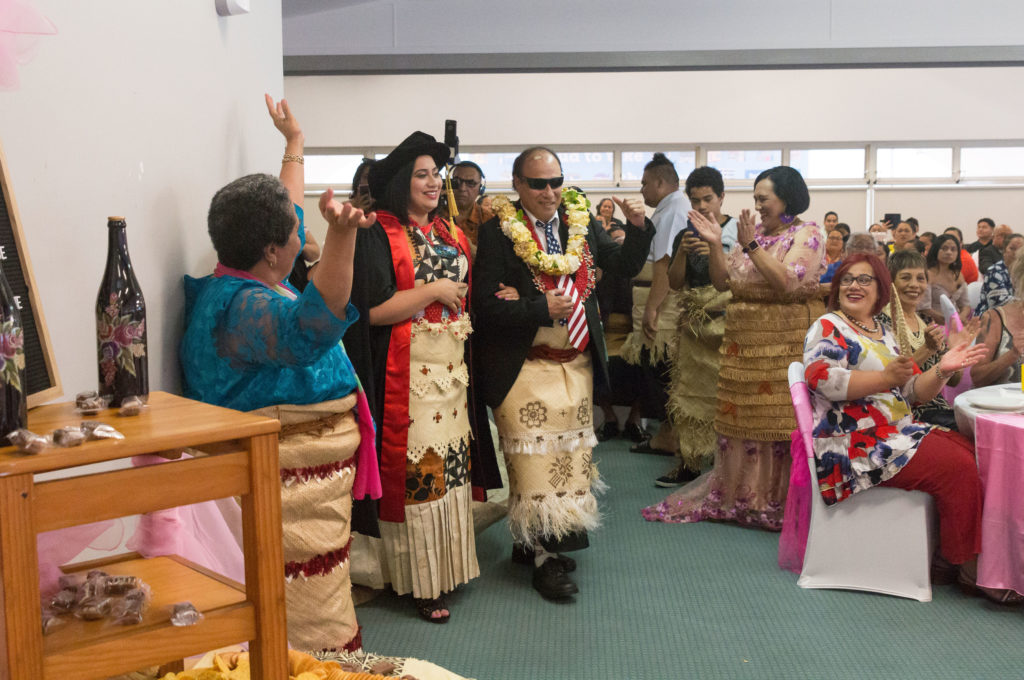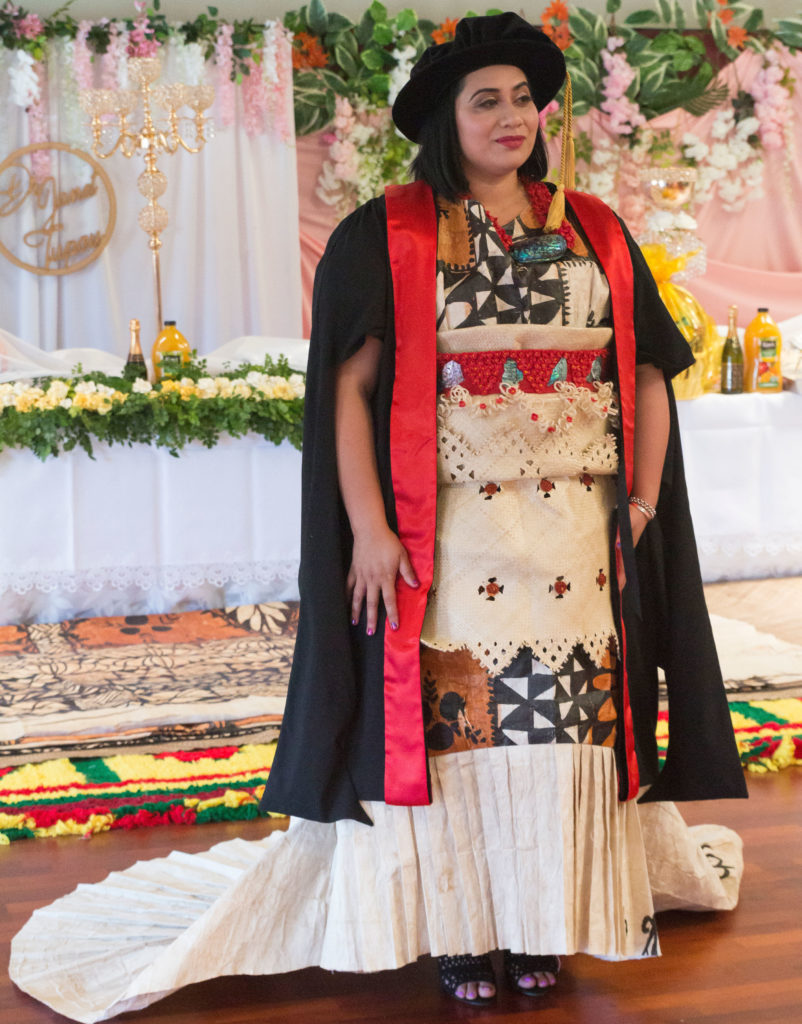Tongan parents push their children into traditional areas of study at university because they do not see the commercial value in creativity, according to Tongan academic Dr Janet Tupou.
Dr Tupou, who graduated from AUT in December, said her doctoral research showed that Tongan parents tended to push their children into studying subjects like medicine, politics and accounting.
“Statistics through Auckland Council’s Creative Sector Report show that the Auckland creative sector generates $2.8 billion and employs 30,901 people,” Dr Tupou told Kaniva Tonga news.
However, Pacific people were reluctant to make the most of what she described as a booming industry.
“Tongan artists who delve in creative areas of study often complement their creative pursuits by studying alongside traditional area,” Dr Tupou said.
An example might include somebody who was studying singing while simultaneously doing an accounting degree.
In an interview with the December 2018 issue of Spasifik magazine she said: “Creativity is seen as a concept that can be seen as a threat to the Tongan culture.”
She said research for her thesis, Deconstructing Creativity: A Talanoa about Tongan Creativity, showed the affect of traditional Tongan culture on Tongan art forms was to preserve rather than to change them.
“Creativity expressed in traditional creative work comes with guidelines and attempts to alter the traditional forms by incorporating Western influences into traditional forms is largely a process of taking Western ideas of innovation and ‘Tonganising’ it,” Dr Tupou said.
Whether they were born in Tonga or New Zealand, Tongan creatives had to walk in two worlds.
“The walk in two worlds is hedged on both sides by cultural appropriation, cultural negotiation and social stigma that needs more attention, particularly for Tongans in diaspora who may be struggling with identity issues,” Dr Tupou said.
She said Tongans in general – herself included – had to constantly walk in the two worlds of Tonga and Aoteoroa/New Zealand.
Her research showed that the traditions and cultures of the two countries became woven together to form a third space where custom and contemporary pressures came together.
“This space is where Tiwis (Tongan Kiwis) have the potential to produce something quite different as they stand on Aotearoa soil looking into Tongan ways of life,” she said.
They could use their creativity, skills and talents to generate saleable products that could bring in steady income.
Celebration
Dr Tupou celebrated the conferring of her doctorate at the end of January when what she called “400 of my close family, friends, colleagues and extended family” gathered in Auckland for a blessing and a traditional kava ceremony.
The event was held at Netball North Harbour Arena in Takapuna on the North Shore.
The main points
- Tongan parents push their children into traditional areas of study at university because they do not see the commercial value in creativity, according to Tongan academic Dr Janet Tupou.
- Dr Tupou, who graduated from AUT in December, said her doctoral research showed that Tongan parents tended to push their children into studying subjects like medicine, politics and accounting.
For more information
